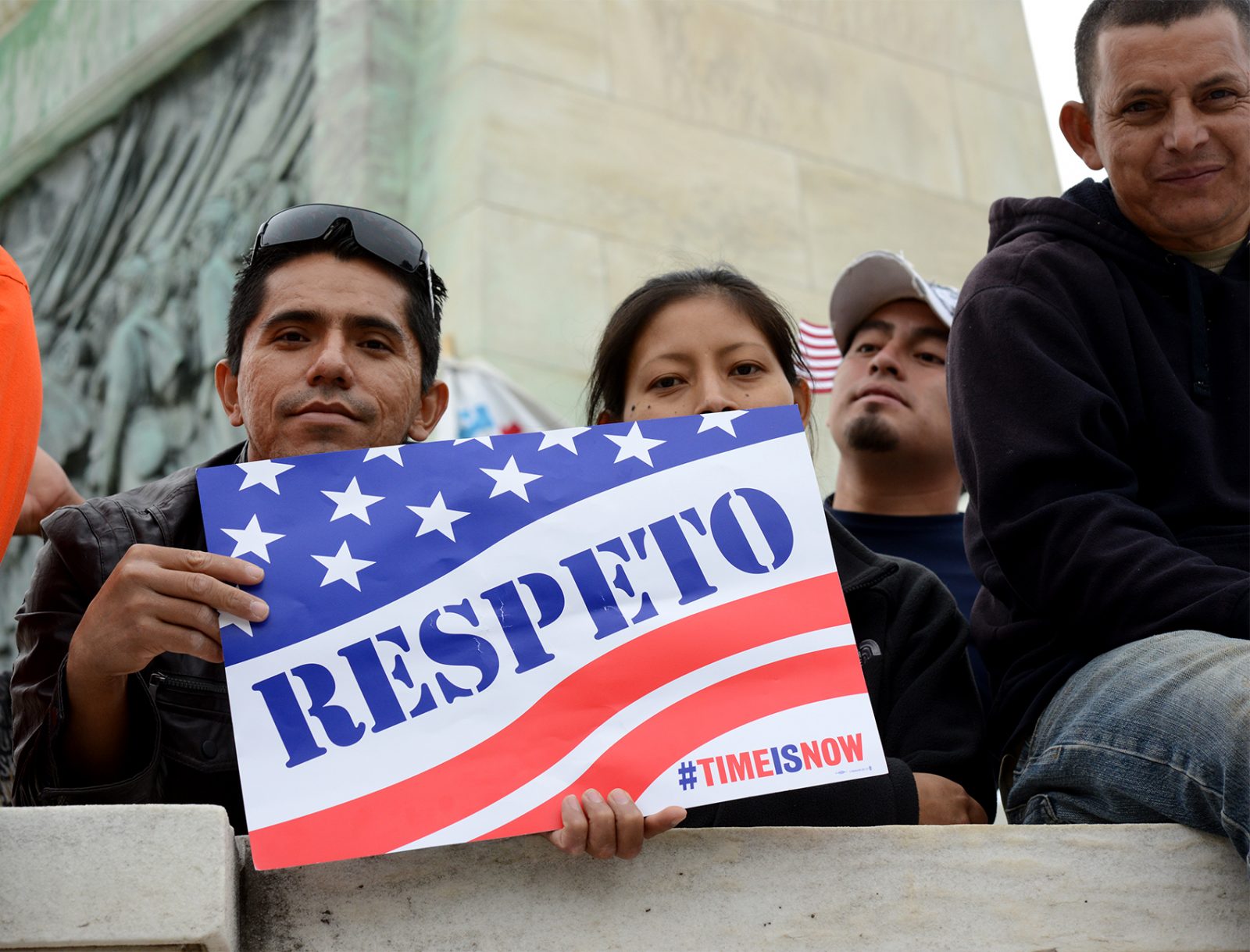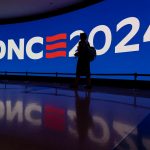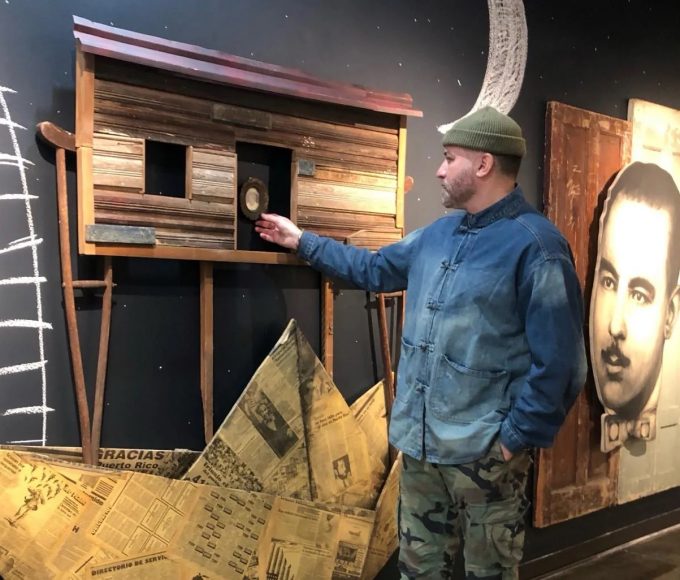The phrase “Latino vote” has become increasingly common in political discourse, yet it oversimplifies the rich complexity of America’s Latino communities. Far from being a monolithic voting bloc, Latino Americans represent a tapestry of political viewpoints, cultural experiences, and generational perspectives that defy easy categorization.
The Latino community exhibits diverse political viewpoints, though they often share similar values regarding religion and family. While many embrace traditional Catholic and Christian principles and support law enforcement, their political perspectives vary significantly based on their country of origin, whether they’re U.S.-born or legal immigrants from countries like Puerto Rico, Cuba, Mexico, or Venezuela. Legal Latino residents typically prefer not to be associated with unauthorized immigration, as it can negatively impact the community’s overall image. Despite this, Latino attitudes toward immigration issues are complex, with varying levels of concern for migrants’ challenges.
At the heart of Latino communities lies a strong foundation of shared cultural values. Family—or “la familia”—remains a cornerstone of Latino life, while religious traditions, particularly those rooted in Catholic and Christian faith, continue to shape both domestic and worldviews. However, these common threads don’t necessarily lead to uniform political positions.
National origin plays a crucial role in shaping political perspectives. Cuban Americans, many of whom fled a socialist regime, often approach political issues differently than Mexican Americans or Puerto Ricans. Venezuelan immigrants who recently escaped political turmoil bring their unique perspectives to American democracy. These varied backgrounds create distinct political priorities and viewpoints that reflect each group’s historical experiences.
Latinos on Immigration
Immigration stands as a particularly nuanced issue within Latino communities. Legal immigrants frequently emphasize the importance of lawful immigration processes, with many supporting strong border policies while advocating for humanitarian treatment. This stance reflects a complex balance between maintaining order and showing compassion for those seeking better opportunities.
Law enforcement and public safety represent another area where Latino perspectives challenge conventional assumptions. Many in the community support strong law enforcement measures, viewing them as essential to community well-being. However, this support doesn’t automatically translate into alignment with any particular political party.
Latinos are Not Monolithic
Generational differences add another layer of complexity. While first-generation immigrants might prioritize issues related to integration and economic stability, their American-born children often focus on education, climate change, and social justice. Language preferences between generations can also influence political engagement and information access, creating distinct political perspectives within the same families.
Economic concerns unite many Latino voters, though approaches to addressing them vary widely. The community’s high rate of small business ownership influences views on regulation and taxation. Economic mobility and opportunity often serve as key voting issues, though preferred solutions span the political spectrum.
These diverse perspectives make it crucial for political leaders and analysts to move beyond simplistic characterizations of Latino voters. Understanding the community’s complexity helps craft more nuanced policies that address the varied needs and aspirations of Latino Americans. As the Latino population continues to grow and evolve, recognizing and respecting this diversity becomes increasingly important for meaningful political engagement and representation.

Latinos, Feeling Marginalized
The shift in Latino political alignment has puzzled Washington insiders, while those closer to Latino communities saw it coming. Despite the rise of diversity and inclusion initiatives, many Latinos feel they’ve been overlooked in both corporate advancement and startup capital opportunities. This is particularly true for Latino men working in trades or running small businesses, who have seen little benefit from DE&I programs. Their growing sense of exclusion has led many to support Republican candidates who appear more attuned to their concerns.
This exclusion has created a complex dynamic where many Latinos, despite being a significant minority group, feel left behind by mainstream diversity and inclusion efforts. The resulting frustration has begun to reshape political alignments and could continue to influence voting patterns in future elections. Given demographic projections showing continued Latino population growth, the Republican National Committee could strategically capitalize on this sentiment to expand their base with this important cohort.
Here’s a deeper analysis of the exclusion dynamics affecting Latino communities:
On Corporate and Economic Exclusion:
- Despite widespread DE&I initiatives, Latinos remain underrepresented in corporate leadership positions
- Many diversity programs have primarily benefited other minority groups, leaving Latinos feeling overlooked
- Access to capital and business loans remains a significant barrier for Latino entrepreneurs
- Traditional Latino businesses (construction, landscaping, restaurants) often fall outside the focus of corporate diversity programs
- Language barriers and cultural differences can still limit advancement opportunities
On Small Business Issues:
- Latino small business owners face unique challenges in accessing capital
- Traditional banking relationships may be limited due to cultural or language barriers
- Government contracting opportunities often remain difficult to access
- Technical assistance and business development programs may not be culturally tailored
- Pandemic relief programs highlighted existing disparities in business support systems
Next, I’ll expand on the generational differences in political views and cultural identity among Latinos.
A Generational Evolution of Identity and Politics
The journey of Latino families across generations in the United States reveals a fascinating transformation of cultural identity and political perspectives. Each generation carries its own distinct characteristics while contributing to the broader American story.
First-generation Latino immigrants typically maintain deep connections to their homeland’s culture and traditions. These individuals often hold more socially conservative views, shaped by their upbringing in their countries of origin. While they may be less engaged in American political processes due to language barriers or citizenship status, they serve as the cultural foundation for their families. Their commitment to preserving their native language and passing down traditional values creates a strong cultural bedrock for future generations.
The second generation emerges as cultural bridge-builders, straddling two worlds with unique challenges and opportunities. These children of immigrants often grow up bilingual, seamlessly switching between English and Spanish, though some may not achieve full fluency in their parents’ native tongue. They frequently find themselves navigating a complex dual identity, leading to the emergence of hyphenated identities like Mexican-American or Cuban-American. While generally more politically engaged in American issues than their parents, they often experience an internal struggle between traditional values and contemporary American culture. This generation tends to adopt more liberal social views while maintaining respect for their cultural heritage.
By the third generation and beyond, a significant shift occurs in both cultural identification and political outlook. These individuals may have limited or no Spanish language abilities and typically identify more strongly with mainstream American culture. Their political views often align more closely with broader American demographic trends rather than traditional Latino voting patterns. Interestingly, many third-generation Latinos experience a renewed interest in their heritage, actively seeking to reconnect with their cultural roots even as they embrace a predominantly American identity.
Across all generations, certain trends emerge that highlight the evolving nature of Latino identity in America. Each successive generation generally demonstrates more progressive views on social issues such as LGBTQ+ rights and gender roles. Religious practices often shift from strict adherence to cultural Catholicism to a more flexible spiritual identity. Educational achievement typically increases with each generation, leading to greater economic opportunities and social mobility.
Political participation also evolves significantly across generations. While first-generation immigrants might focus on specific issues directly affecting their communities, later generations tend to engage with a broader spectrum of political concerns. This shift reflects not only greater integration into American society but also the complex nature of Latino political identity in the modern United States.

The Political Implications
These generational changes paint a picture of a dynamic community that continues to evolve while maintaining connections to its cultural heritage. The Latino experience in America demonstrates how immigration, assimilation, and cultural preservation create a rich tapestry of identities that contribute to the nation’s diverse social fabric.
- Growing importance of Latino economic empowerment in political discourse
- Potential for political shifts based on addressing these exclusion issues
- Traditional values and work ethic emphasis aligns with Latino cultural perspectives
- Opportunity for political realignment based on economic and cultural factors
- This sense of exclusion has created an opening for Republican messaging
About the Author:
Phil Colon is a thought leader, political and brand strategist, entrepreneur, board member, founder of Voto Latino, Project 2050 and The Supremo Agency. He is also a brand innovator who orchestrates socially conscious, culture-defining movements that elevate communities and supercharge brands by driving engagement and generating profitability. He also helps companies and organizations manage and navigate complex societal issues. Phil served on the executive board of the Eagle Academy Foundation and on the board of trustees for Ballet Hispanico. He also served as a member of the Directorship 100 and the Council on Foreign Relations. He can be reached at phil@inteligencia.io

















Leave a comment